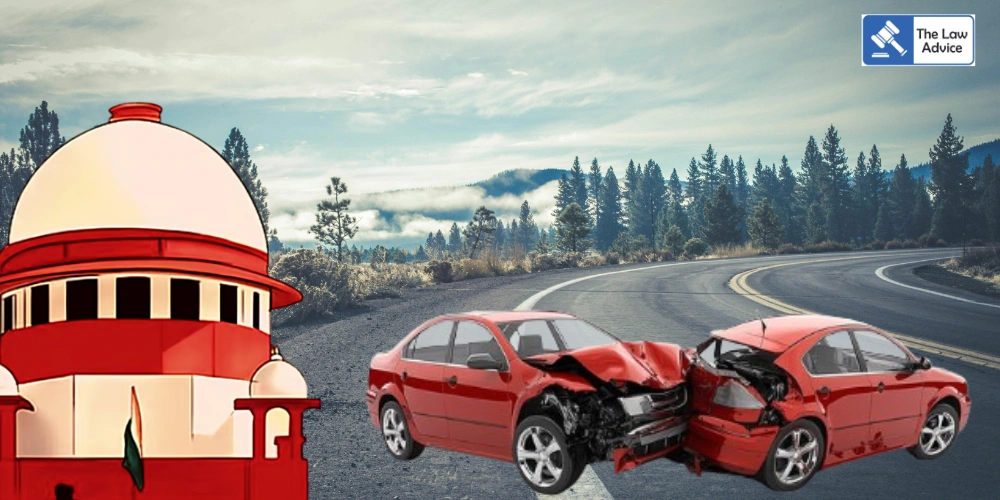In a potentially landmark development that could reshape India’s accident compensation jurisprudence, the Supreme Court has referred to a larger bench the critical question of whether claims under Section 163A of the Motor Vehicles Act, 1988—which provides for no-fault liability—are limited only to third-party claims or can also include drivers or owners (or their legal heirs).
The reference was made by a bench comprising Justice S. Dhulia and Justice K. Vinod Chandran in an order dated February 13, 2025.
Section 163A allows for structured compensation to victims of motor accidents without the need to prove negligence—a welfare provision aimed at quick relief. However, courts have for years debated its scope, particularly whether the owner-driver of the vehicle can claim compensation when no other vehicle is involved, such as in a single-vehicle accident.
The bench expressed serious reservations about the prevailing view laid down in the 2004 judgment Deepal Girishbhai Soni & Ors. v. United India Insurance Co. Ltd., which held that if a claim under Section 166 (fault-based liability) is dismissed, a claimant cannot then seek compensation under Section 163A.
The Court noted that this restrictive view may have curtailed access to rightful compensation, especially in tragic cases involving drivers or their legal heirs, where the accident had no attributable external fault.
“There is a conflict in the judicial pronouncements and the question needs authoritative determination,” the bench observed.
If the larger bench eventually expands the interpretation of Section 163A to include driver/owner claims (even in single-vehicle accidents), it could:
• Strengthen the rights of accident victims and their families.
• Broaden insurer liability, thereby impacting policy frameworks and claim strategies.
• Resolve longstanding confusion in High Courts, where differing interpretations have caused inconsistency in compensation awards.
In many fatal accident cases, particularly involving self-employed or low-income individuals driving their own vehicles, families are denied compensation due to this narrow interpretation. Critics argue that this defeats the welfare intent behind Section 163A, especially when no wrongdoing is established.
This referral is likely to trigger wide debate among insurers, policymakers, and legal experts, and may serve as a springboard to reform the way motor accident claims are processed in India.
